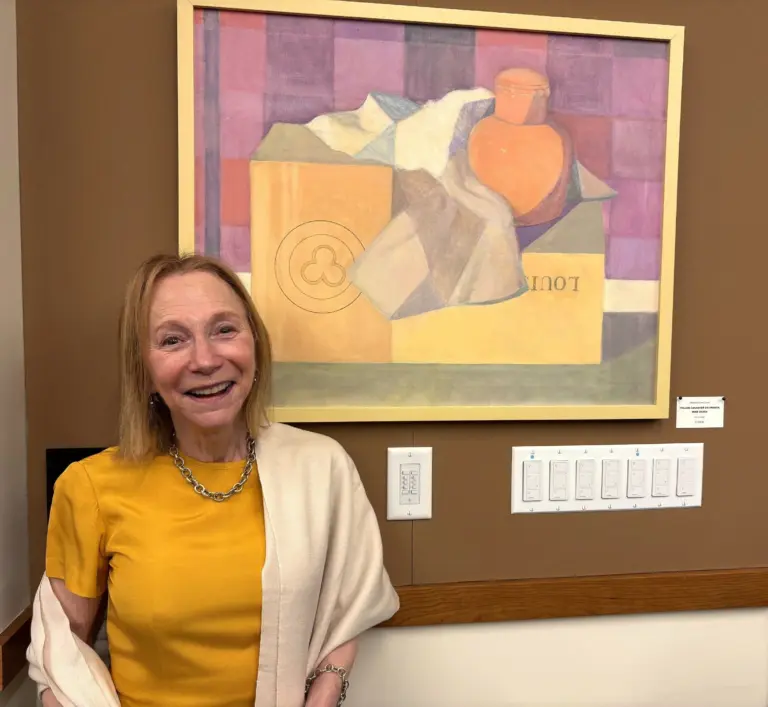By Retired Men’s Association of Greenwich
At the Retired Men’s Association of Greenwich Meeting on October 19th, Tim Brooks introduced Professor M. Alison Kibler, who spoke on the subject “The Long History of Hate Speech.” Professor Kibler observed that hate speech is again making headlines. Major professional sports teams have abandoned their racist mascots and adopted new names. Colleges and universities are grappling with how to respond to racial epithets and anti-Semitic graffiti. Social media platforms remove political groups for violating their hate speech policies. These incidents have generated sharp debates about the value of free speech: Is free speech a rallying cry for white supremacists? Or is free speech a vehicle for progressive activism?
History clearly shows that struggles over hate speech are nothing new. Hate speech has been a century-long rift in American politics because it pits two deeply held American values against each other: free speech and equality. In this talk, and in her book Censoring Racial Ridicule, Kibler explores the relationship between free expression, democracy, and equality in America. She shows how, historically, the Irish, Jewish, and African American campaigns against racial ridicule in the early 20th century are at the roots of contemporary debates over hate speech. Irish, Jewish, and African American groups of the era resisted derogatory representations in popular culture by lobbying behind the scenes, boycotting particular acts, and even staging theater riots. Kibler demonstrates that these groups’ tactics evolved and diverged over time, with some continuing to pursue street protest while others sought redress through new censorship laws. She described how “civil rights” came to be defined so broadly as to include stage and screen performances and visual representations.
Both liberals and conservatives have at times championed censorship as a way of suppressing views of which they disapprove. Today, with censorship by the federal government largely precluded by the first amendment to the Constitution (with some interesting exceptions), local governments and private entities have largely taken on the role of defining what is permissible speech, and what they consider “hate speech.”
Professor Kibler’s talk was followed by a lively Q&A session. Note: The views expressed in this presentation are those of the speaker, and do not represent the views of the RMA.
M. Alison Kibler earned her BA from Brandeis University and her PhD from the University of Iowa. A professor in American Studies and Women’s, Gender, and Sexuality Studies at Franklin and Marshall College in Lancaster, Pennsylvania, she is the author of Rank Ladies: Gender and Cultural Hierarchy in American Vaudeville, 1890-1930 and Censoring Racial Ridicule: Irish, Jewish, and African American Struggles Over Race and Representation, 1890-1930. She is currently writing a book about feminist television activism in the 1970s.
To see the full presentation, go to https://greenwichrma.org/ and click on “Speakers.”
RMA speaker presentations are presented as a community service at no cost to in-person or Zoom attendees. The RMA does request that all eligible individuals consider becoming a member of our great organization, and thereby enjoy all the available fellowship, volunteer and community service opportunities that the RMA offers to its members. For further information, visit www.greenwichrma.org or contact Joe Mancinelli (mailto:jlmanc@optonline.net) or Peter Stern (mailto:members@greenwichrma.org).




